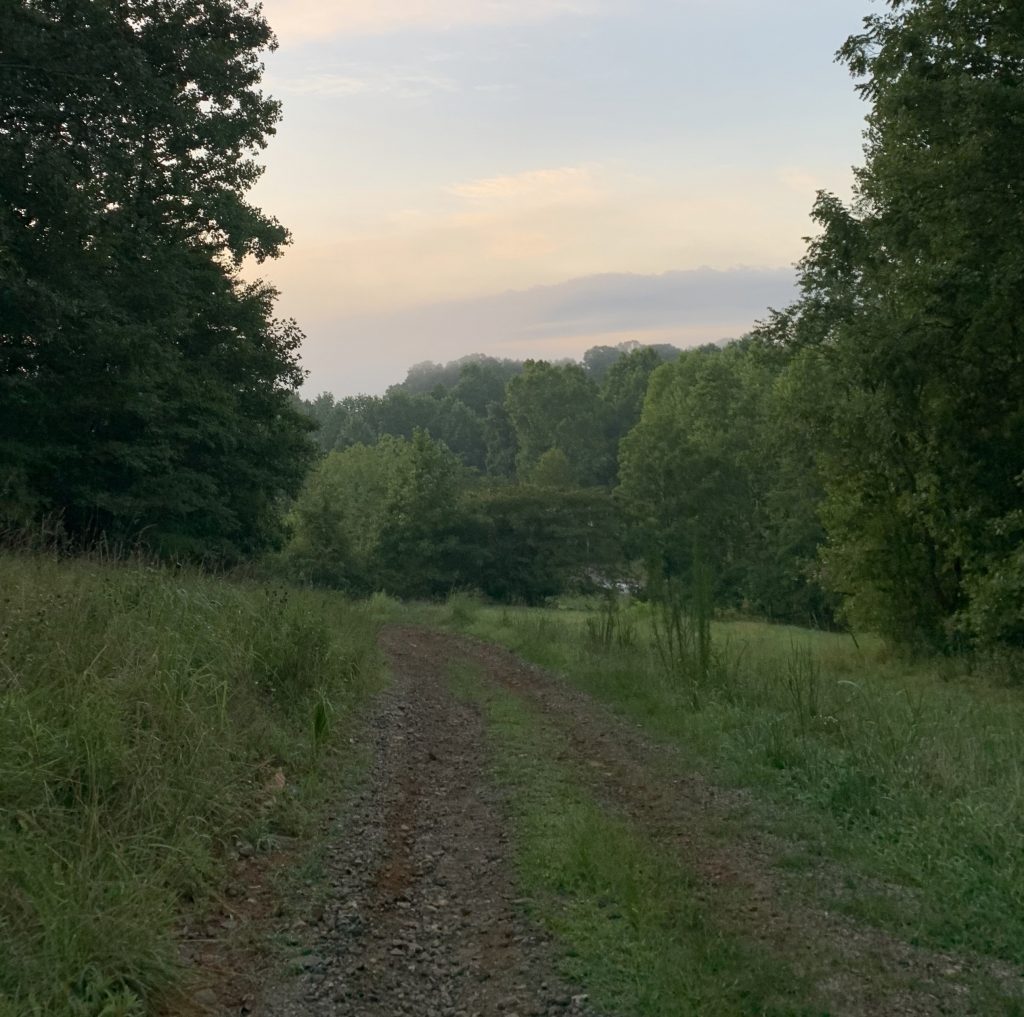
Ellie Dilworth is a sophomore double majoring in Business Management and Religious Studies.
This past summer, I had the privilege of serving as a camp counselor. For 9 weeks straight, I was pummeled with at least 200 questions a day (no joke), most of which along the lines of:
- What time is it?
- Where are we going?
- Can I go to the bathroom?
There were, of course, some silly questions too. Among my favorites were:
- Where do you get your hair cut?
- Would your perfect boyfriend like Frito’s?
- What would happen if I brought a can of gas to camp?
Weeks of training prepared me to give campers tips on how to fall asleep at 4 A.M. and how to respond if a camper indeed brought a can of gas to camp. My reactions and answers to these were second nature, but there was a question that always seemed make me stop and think:
“Why are we doing this?”
Most of the time I was asked this question we were putting on life jackets or brushing our teeth. These answers, as you can imagine, are pretty straightforward. But there was one specific time where I was truly at a loss for words. About halfway through the summer, my 4th grade campers and I were heading up to the dining hall to one of camp’s most well-known traditions: singing on the porch.
After dinner, all of camp gathered under the aluminum roof of the dining hall porch. While most counselors huddled campers into this relatively small space, a group of about 6 staff members (and often campers) would disappear behind the corner. Meanwhile, the remaining counselors distracted campers for a bit with silly chants and games. The separate group would eventually emerge from behind the crowd and make their way to the front, and in doing so, reveal themselves to be playing guitars, drums, harmonicas, spoons, and kazoos. This group proceeded to announce in unison, “welcome to singing on the porch,” to which the audience would go bananas and the singing began. Some songs were niche (like “Blind Man” or “One Name”), while others were more mainstream (like “If I Had a Hammer” and “Breakfast at Tiffany’s”). Every session of singing on the porch would end with the same song: “Take Me Home, Country Roads” by John Denver.
In looking at this ritual from an outsider perspective, it is quite the spectacle. But from an insider perspective, singing on the porch (SOP) is one of the most important things that we do at camp.
But why?
My hunch is that singing on the porch—especially “Country Roads”—serves as a means of identity formation and preservation.
Camp has changed significantly since the tradition of SOP began in the 1940’s. Buildings have been torn down, trails have been blazed, and new dining halls have been built. It seems that SOP is the only thing that has remained the same. Despite the changes in rituals and the physical landscape, I can assure you that every camper from the last few decades remembers singing that 1971 hit “Country Roads” at SOP. And because summer camp is a place that emphasizes identity formation and independence, these memories of singing on the porch become associated with that. Participating in the ritual traditions of camp provides a means of becoming a part of the ‘insider group’—the camp community. When time instigates change at a special place like camp, stability in rituals and traditions provides a stronghold upon which community can thrive. The continuity of SOP has cemented itself into people’s perceptions of identity and belonging. And that is precisely why we continue to hold this ritual tradition: because it has become (and continues to become) a part of every participant’s identity within the camp community.
So, what did I end up telling my camper? The religious studies student in me would have told her that we went to SOP because it was an identity-forming ritual that has been performed for generations in hopes of creating an insider group and sense of community. I would have told her about the identity formation that it would spark in her and how it would eventually evolve into an integral part of herself. But the weary counselor in me refrained from doing so. I merely told her, “Because it’s a fun thing we do here at camp.” She didn’t even let me finish before asking when we were going to bed.
A few semesters ago, I also would have been satisfied with that answer. But my time here at REL has planted a deeper curiosity for understanding the traditions that have shaped who I am.